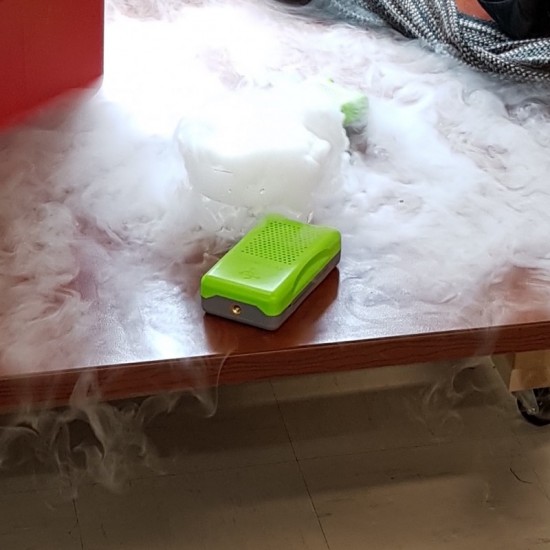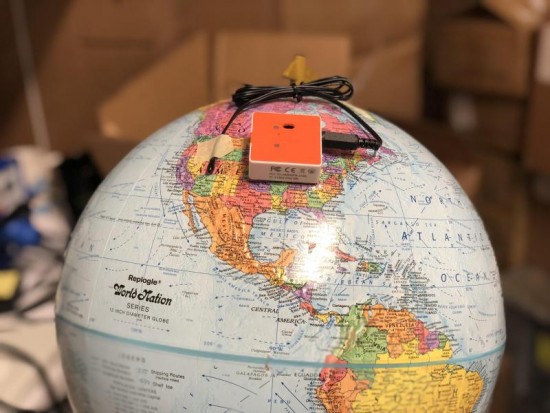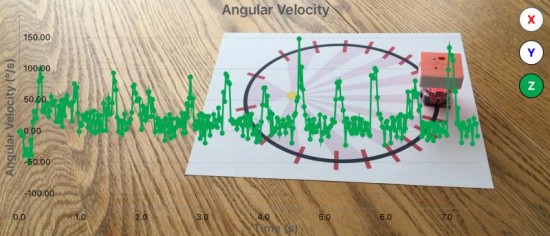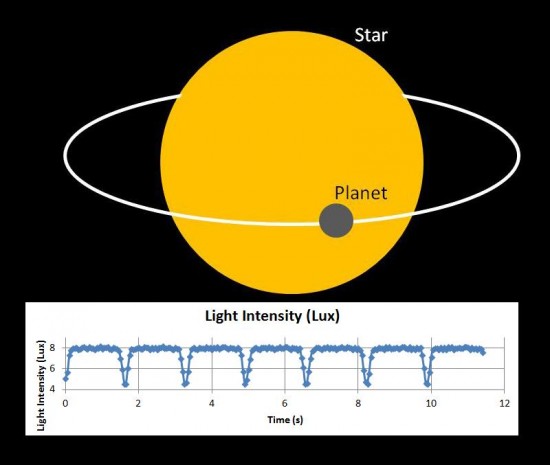Air Quality Lesson Plans
Free Air Quality Lesson Plans
Bring the science of air quality into your classroom through hands-on activities, inquiry-based lessons and real science tools. These high quality lessons plans are free to download and were developed by King's University in conjunction with Telus World of Science in Edmonton.






